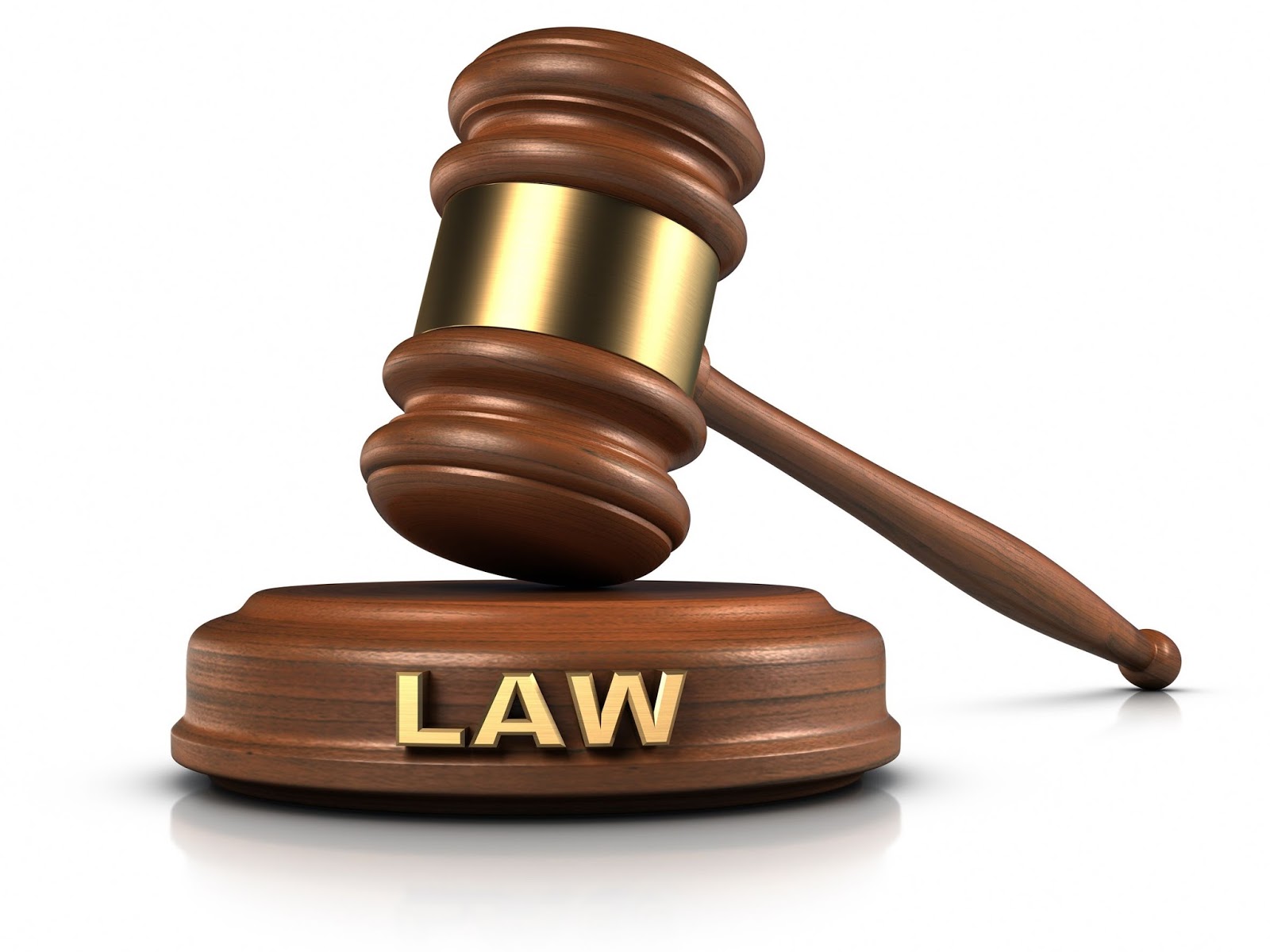
The definition of law
It is not easy to give a definition of law, as legal systems differ and individuals have different views of what law is. Many books containing numerous different ideas about and definitions of law have been written. A common theme emerging from these books and debates, however, has been that the law is a set of rules created by the state that form a framework to ensure a peaceful society. The law is enforced by the state. If it is broken or breached, sanctions can be imposed. While this definition does not cover all types of law, it is a good starting point as it brings together the idea of a state issuing commands to individuals and applying sanctions to those individuals if they do not obey these commands.
Generally, law applies to people throughout a country. There are, of course, laws which apply only to certain groupings, for example those that apply to children and young people or that apply only to individuals who drive.
For the purposes of this course, law will be defined as:
a set of rules created by the state which forms a framework to ensure a peaceful society. If the rules are broken they can be enforced by mechanisms created by the state and sanctions imposed.
This definition covers the key features of the law as we know it. It is created by the state to ensure that society works smoothly. If laws are broken then the people who broke them will face some form of punishment. The state also provides for methods of law enforcement. Therefore, during this course when we look at a specific law we will be considering some of the rights and responsibilities it entails, and how these are acquired and used.
The next activity is designed to explore further the definition of the law and how it applies to daily life.
The law provides a framework that regulates the way we live, work and socialise. We may not agree with all the laws that exist but they have each been created for a purpose, whether it is to protect society, such as laws against violence, or to protect us, such as laws regulating the quality of products we buy.
Think back to some of the examples discussed in Activity 1. How do these link to the definition of law given above? If we do not pay for our shopping, we are breaking a law. Society does not think that this behaviour would be acceptable. A law has therefore been created which makes it a criminal offence to take something from a shop without paying for it.
One of the other examples was buying lunch in a café. Again, if you eat a lunch you have ordered and you do not pay, you would be guilty of a crime. However, in this example the person selling the lunch also has responsibilities. They have to comply with laws relating to food preparation, to advertising and to health and safety. While they have the right to expect you to pay for what you have eaten, they also have a responsibility to you for the food they have sold you.
Law is all-pervasive. It exists in every cell of life. It affects everyone virtually all of the time. It governs everything in life and even what happens to us after life. It applies to everything from the embryo to exhumation. It governs the air we breathe, the food and drink that we consume, our travel, sexuality, family relationships and our property. It applies at the bottom of the ocean and in space. It regulates the world of sport, science, employment, business, political liberty, education, health services – everything, in fact, from neighbour disputes to war.
The law in the United Kingdom has evolved over a long period. It has, over the centuries, successfully adapted itself through a great variety of social settings and disputes of government. Today it contains elements that are ancient, such as the coroners’ courts, which have an 800-year history and elements that are very modern, such as electronic law reports and judges using laptop computers.
Law has also become much more widely recognised as the standard by which behaviour needs to be judged. A very telling change in recent history is the way in which the law has permeated all parts of social life. The universal standard of whether something is socially acceptable is progressively becoming whether it is legal. In earlier times, most people were illiterate and did not have the vote. They were ruled, in effect by what we would call tyranny. And this was not just in 1250. That state of affairs still existed in the UK in 1850. Today, by contrast, most people are literate and have the vote. Parliamentary democracy is our system of government. So, it is quite possible and desirable for people in general to take an interest in law.
Making the decision to study can be a big step, which is why you’ll want a trusted University. We’ve pioneered distance learning for over 50 years, bringing university to you wherever you are so you can fit study around your life. Take a look at all Open University courses.
If you’re new to university-level study, read our guide on Where to take your learning next, or find out more about the types of qualifications we offer including entry level Access modules, Certificates, and Short Courses.
One of the other examples was buying lunch in a café. Again, if you eat a lunch you have ordered and you do not pay, you would be guilty of a crime. However, in this example the person selling the lunch also has responsibilities. They have to comply with laws relating to food preparation, to advertising and to health and safety. While they have the right to expect you to pay for what you have eaten, they also have a responsibility to you for the food they have sold you.
Law is all-pervasive. It exists in every cell of life. It affects everyone virtually all of the time. It governs everything in life and even what happens to us after life. It applies to everything from the embryo to exhumation. It governs the air we breathe, the food and drink that we consume, our travel, sexuality, family relationships and our property. It applies at the bottom of the ocean and in space. It regulates the world of sport, science, employment, business, political liberty, education, health services – everything, in fact, from neighbour disputes to war.
The law in the United Kingdom has evolved over a long period. It has, over the centuries, successfully adapted itself through a great variety of social settings and disputes of government. Today it contains elements that are ancient, such as the coroners’ courts, which have an 800-year history and elements that are very modern, such as electronic law reports and judges using laptop computers.
Law has also become much more widely recognised as the standard by which behaviour needs to be judged. A very telling change in recent history is the way in which the law has permeated all parts of social life. The universal standard of whether something is socially acceptable is progressively becoming whether it is legal. In earlier times, most people were illiterate and did not have the vote. They were ruled, in effect by what we would call tyranny. And this was not just in 1250. That state of affairs still existed in the UK in 1850. Today, by contrast, most people are literate and have the vote. Parliamentary democracy is our system of government. So, it is quite possible and desirable for people in general to take an interest in law.
Making the decision to study can be a big step, which is why you’ll want a trusted University. We’ve pioneered distance learning for over 50 years, bringing university to you wherever you are so you can fit study around your life. Take a look at all Open University courses.
If you’re new to university-level study, read our guide on Where to take your learning next, or find out more about the types of qualifications we offer including entry level Access modules, Certificates, and Short Courses.

